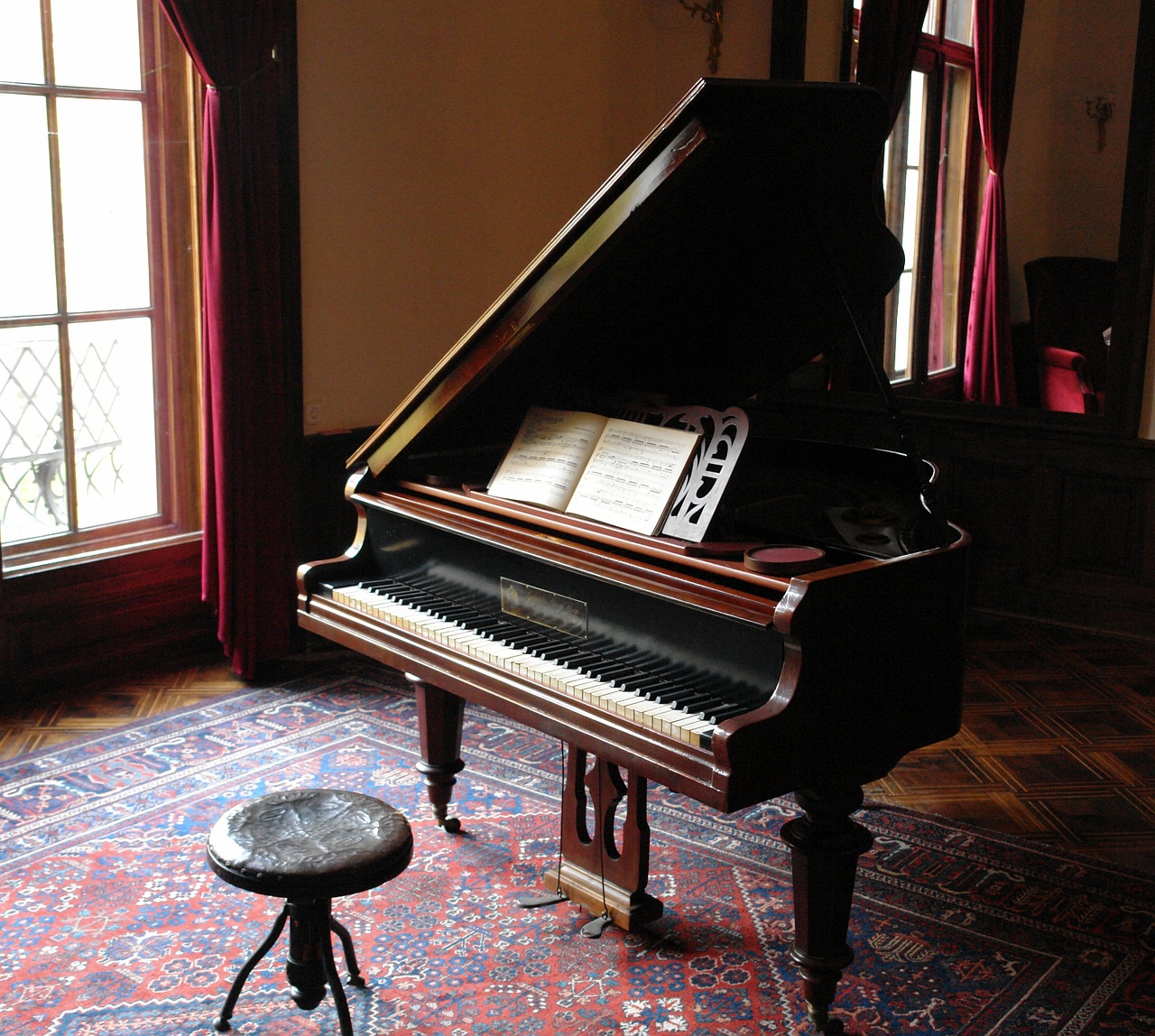Play the Piano Like a Master
The piano ranks highly among the world’s favorite musical instruments. The piano has been shown off fantastically over the generations and in a wealth of genres by such masters as Stravinsky, Brahms, and Bach, and more recently Fats Domino, Aretha Franklin, and Elton John. Along with others, they have made the piano world famous.
The traditional way of learning to play the piano was to rely on a private piano teacher. Today, however, there are a lot more options available to people who wish to learn or improve keyboard skills.
As a start, wannabe players can scout the local bookshops and music stores for a self-teaching piano book. A good piano book will combine theory, step by step piano instruction, and applicable practice songs.
It is also beneficial to find a book that comes with a DVD or CD that can help students hear how their songs are supposed to sound. Hal Leonard, John Thompson, Alfred’s Publishing, and Mel Bay are respectable names in the publishing industry. They offer series for instruction as well as music to play at all levels.

The dominance of computers in today’s world has led to its widespread use in multiple areas. The field of music is no different. Today, there are a number of online programs and games available to students who wish to improve their playing skills.
Piano Online
Some computer programs allow students to interact with the software to teach themselves how to play. Skype and other online communication tools can also be used to assimilate private lessons from any location.
For the boldest students, the traditional keyboard can be put aside and the learning can take place on an electronic strip or an electronic keyboard. These methods do not instruct students in the principles of music theory, reading music, or playing piano in general, but simply move directly into learning how to play a pre-programmed song.
Play Piano
Electronic keyboards boast a display screen that highlights the letters or keys a student should play. Electronic strips are somewhat the same. With electronic strips the keys themselves are lit up. These techniques teach a student to play a few songs by rote, but they really do not teach how to play piano.
Students who may not be able to afford individual lessons would still benefit from less expensive group classes. While there is not as much individual attention as there would be in private lessons, the students still receive the benefits of having a live instructor.
Players can get feedback right away before bad playing habits have a chance to be established. Students can also ask questions and get answers immediately, and they can watch and hear the teacher play. Students in a group have the added advantage of receiving support, encouragement, and a bit of a challenge from other class members. When a group of students learn together, there is the extra motivation of practicing and performing well, so as not to be embarrassed by a lack of preparation.
Becoming a piano player is no longer limited by the proximity and cost of a private teacher. Distance learning, group classes, and multi-media tools are available en masse to make the budding pianist’s life far simpler in the areas of time and budget management. These methods require a high dose of commitment and self-motivation to prevent the future Mozart from giving up too soon.



